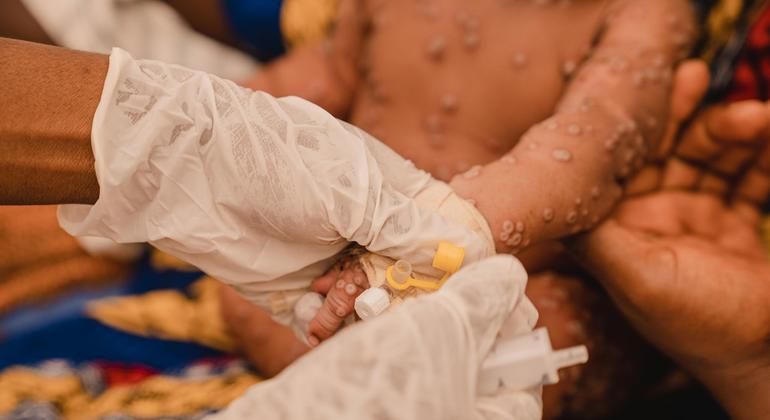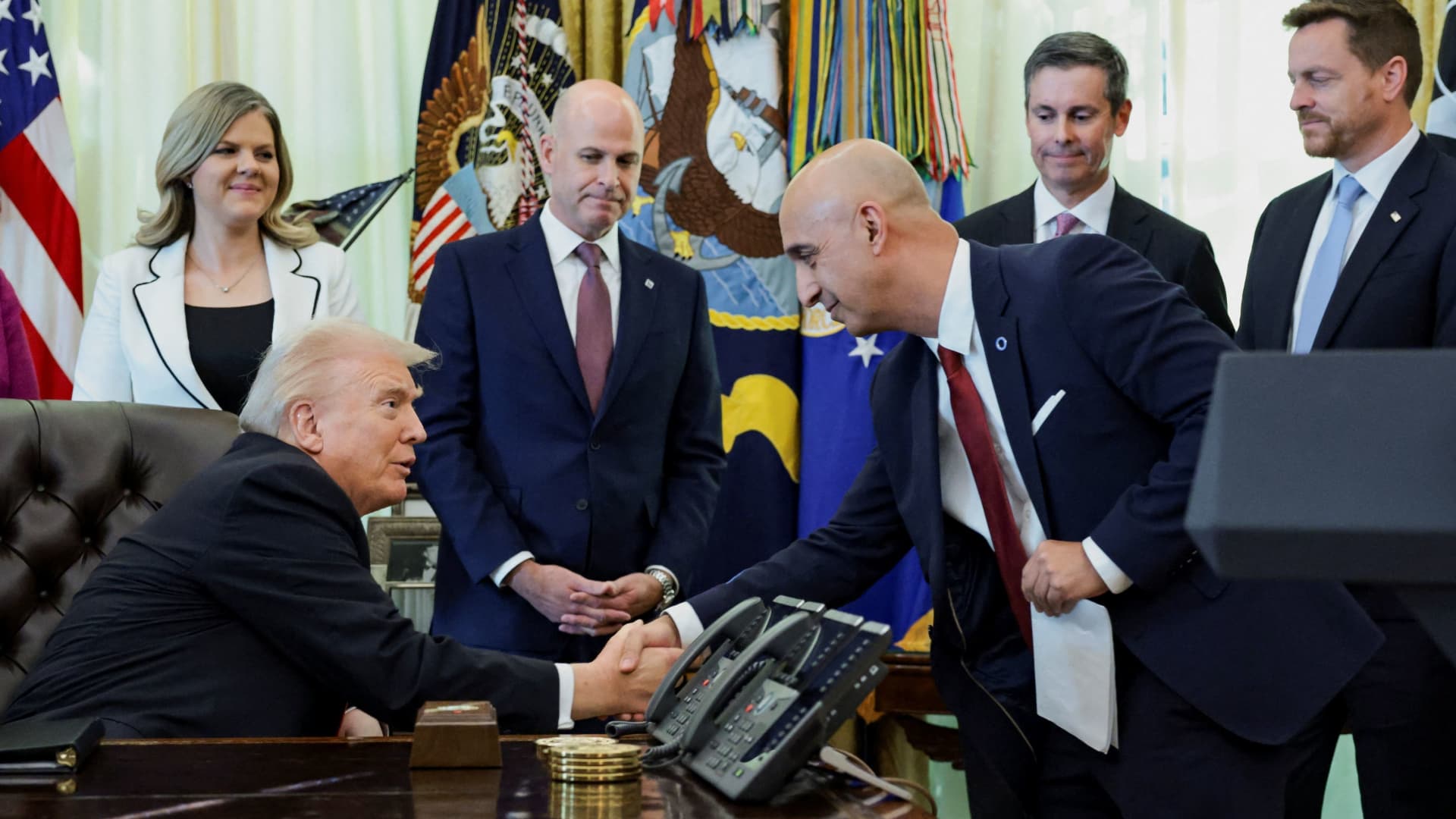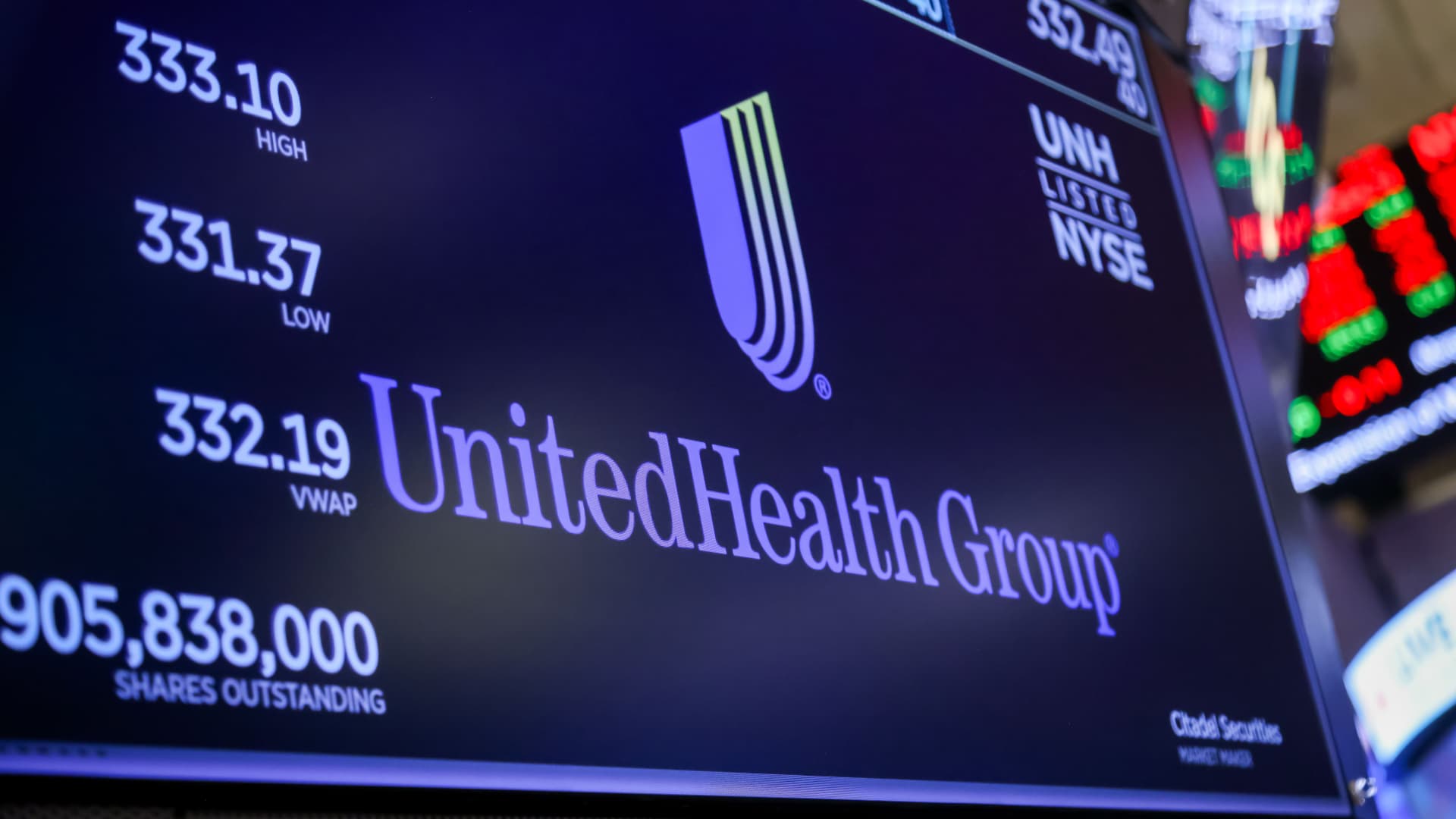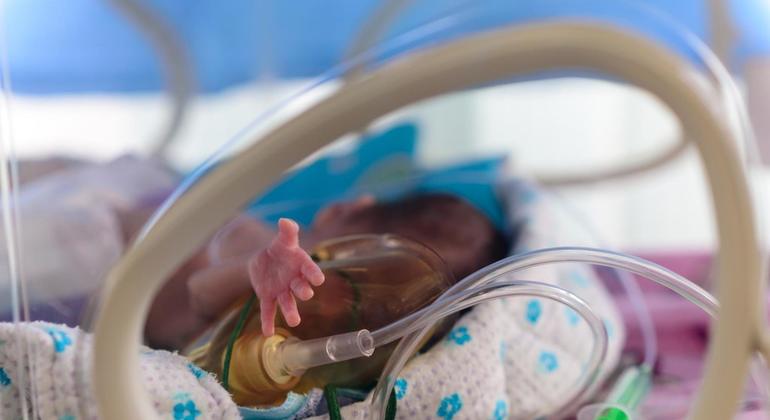The funding will support critical response and prevention efforts for 9.9 million refugees and host communities in 35 countries across the continent.
Mpox, formerly known as monkeypox, is a viral disease that can be transmitted through physical contact with an infected person, animal, or contaminated objects.
Read our explanation here.
New strain of the virus
The disease has been endemic in parts of Africa for decades, but increasing numbers of cases of the new mpox virus strain, clade 1b, particularly in the Democratic Republic of the Congo (DRC), prompted the World Health Organization (WHO) to declare a public health emergency of international concern on August 14.
So far this year, more than 20,000 suspected cases have been reported in Africa. At least 88 of these have been among refugees, 68 of them in the Democratic Republic of the Congo. Cases have also been reported among refugees in the Republic of the Congo and Rwanda.
Refugees at risk
Allen Maina, UNHCR's chief of public health, said the new mpox outbreak has put the most vulnerable populations at high risk, including many refugees and forcibly displaced communities who often live in overcrowded shelters lacking access to clean water, soap and nutritious food.
“For refugees and displaced communities who already face enormous challenges in accessing health care, these conditions put them at greater risk of getting sick and make it harder for them to protect themselves,” she said.
Africa is home to more than one-third of the world's forcibly displaced people. Many of them live in countries struggling to combat the transmission of the human immunodeficiency virus (HIV) and find themselves in extremely vulnerable situations, aggravated by protracted conflicts, chronic humanitarian funding shortfalls and multiple disasters.
An outreach worker raises awareness about mpox in Kamanyola, South Kivu province, Democratic Republic of the Congo.
Sustainable financing is crucial
UNHCR warned that the MPOX emergency threatens to put even more pressure on already overstretched humanitarian resources, potentially disrupting critical services and aid such as food distribution, education and protection activities.
“We need to support governments and partners in the MPOX response to ensure that no one is left behind,” said Mr. Maina. “We need sustainable financing to strengthen health systems, water and sanitation facilities and other services, ensuring they are resilient now and in the future.”
Intensification of measures
UNHCR has been working with national and local authorities, UN agencies and other partners since mpox outbreaks emerged globally in 2022.
To respond to the new severe outbreak, teams have reinforced handwashing points in refugee camps and transit centres, while improving soap distribution and access to diagnostic testing.
They have also strengthened disease surveillance, detection and reporting mechanisms, including across borders, expanded training of community health workers and strengthened communication to ensure that people have accurate and accessible information about mpox, thereby helping to combat misinformation and reduce the stigma associated with the disease.
Meeting urgent needs
UNHCR called on the international community to increase financial support to boost preparedness and response efforts and reduce exposure to the disease of those most at risk.
While the agency has already reprioritized some resources to respond quickly to the outbreak, it said the scale and complexity of the situation requires additional funding to meet urgent needs.
Furthermore, funding is essential to ensure that refugees and other forcibly displaced people are fully integrated into national preparedness and response plans, in line with the Mpox Continental Preparedness and Response Plan for Africa, co-led by the Africa Centers for Disease Control and Prevention (Africa CDC) and WHO.












